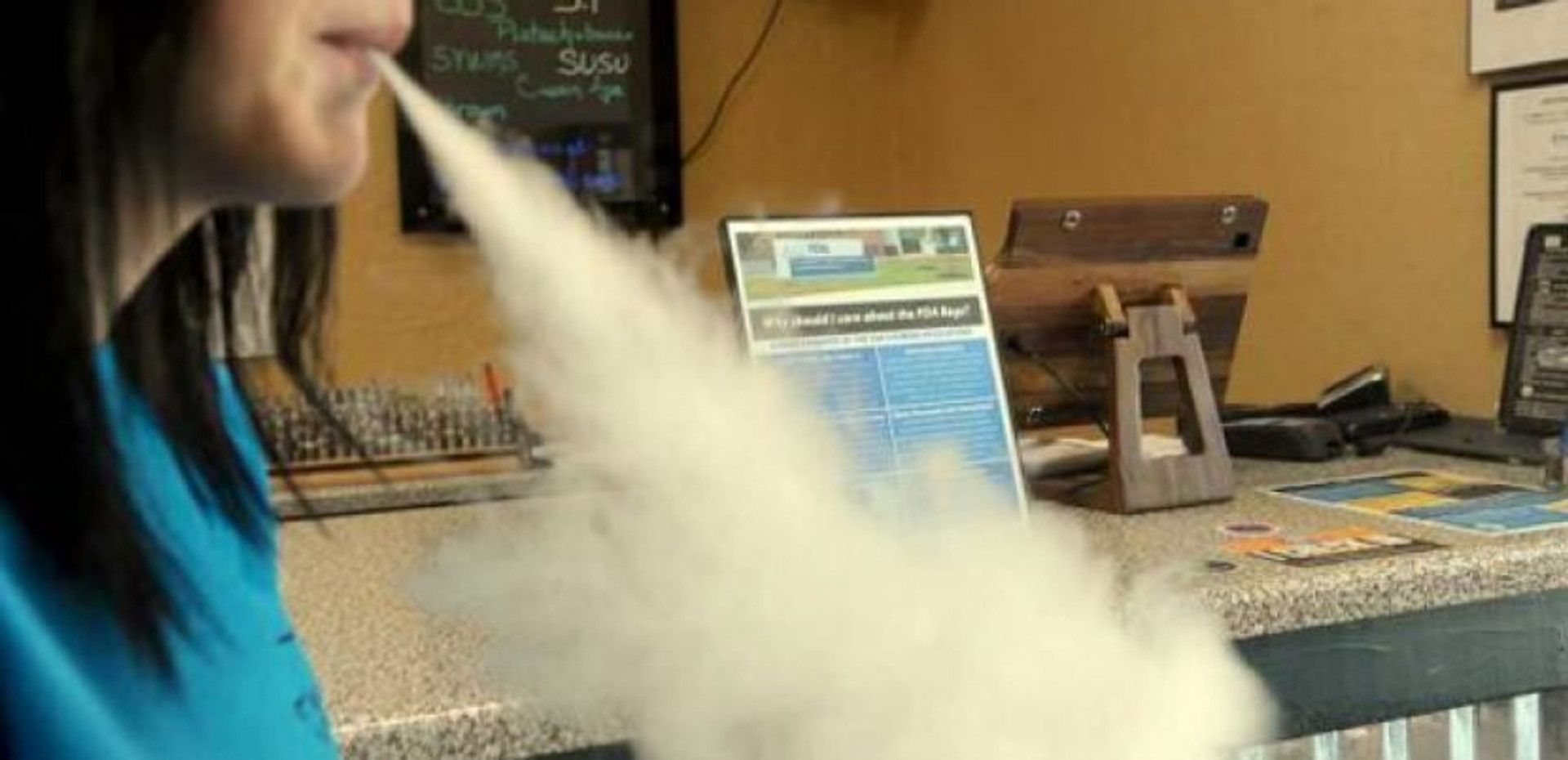What The First Regulations Taking Effect Means
Estimated 0 min read
The FDA regulation circus has begun.
As reported by various outlets, the new vaping regulations handed down by the FDA have gone into effect this week. One of the effects of the regulations is the fact that vape manufacturers are barred from bringing new vape products into the market without first applying for and passing the FDA’s pre-market application review.
The immediate consequence of this is the fear instilled in vape shop owners that they might have to close their business.
The threat of shop closures has been a concern within the industry. When you think about it, vape shops closing their business has a big impact on the local economy. The closures of these businesses could mean a spike in unemployment, an issue that is at the heart of many Americans right now.
Take, for example, the Cyclops vape company, which operates out of Daphne, Alabama. In an interview with Local15, the company’s Director of Marketing Rod Cochran lamented the new rules, stating that “without the ability to market and advertise, we won’t be able to reach the mainstream public and let them see the benefits of vaping.”
On the other side of the country, White Buffalo owner Sasha Zabar is also concerned about the regulations. With hundreds of e-liquid flavors on the shelf, this owner is spending more time on paperwork to continue to sell the products than actually in the shop.
“Any products made before then, as long as the proper paperwork has been filled and the product’s on the shelf, it can be sold,” Zabar goes on to say in an interview with News8 WTNH.
In this case, the paperwork refers to vape juices and products that are already on the market. This is a way for the FDA to monitor what is a new product and what has been sold for years, allowing existing vape products to continue to be sold while the pre-market review process for new juices begins.
However, this rule for existing vape juices has an expiration date of two years. After that, any vape product that does not apply for the review process will be illegal to sell. This means vape juices of every flavor and every nicotine level must be independently reviewed, a costly process.
This has many people worried, including Zabar.
“We’re hearing anywhere from 1,000-2,000 lawyer hours per e-liquid, so rough estimate now is anywhere between half a million and a million dollars to get a product pushed through,” said Zabar.
That’s for every individual juice. Vape companies can have anywhere from five to 15 different juices at four nicotine levels. Some companies have dozens of juices, all that will need independent reviews from each other.
For those of you who are wondering, the FDA process takes years to complete. Combine that with the expensive procedure of filing for the review plus the lawyers’ fees and many companies are looking at millions of dollars in costs just to keep their products on the shelf.
While this is not the only FDA regulation that has gone into effect, it is the most controversial because the agency is also requiring vape products that don’t have nicotine to also undergo the review process. It costs companies a lot of money and many businesses are expected to close because of it.
So the next time you’re out and you find that your favorite vape company or shop is closing, you can thank the FDA overreach for the shrinking options. Vaping products may be saving lives, as many studies suggest, but apparently, the FDA only cares about money.







